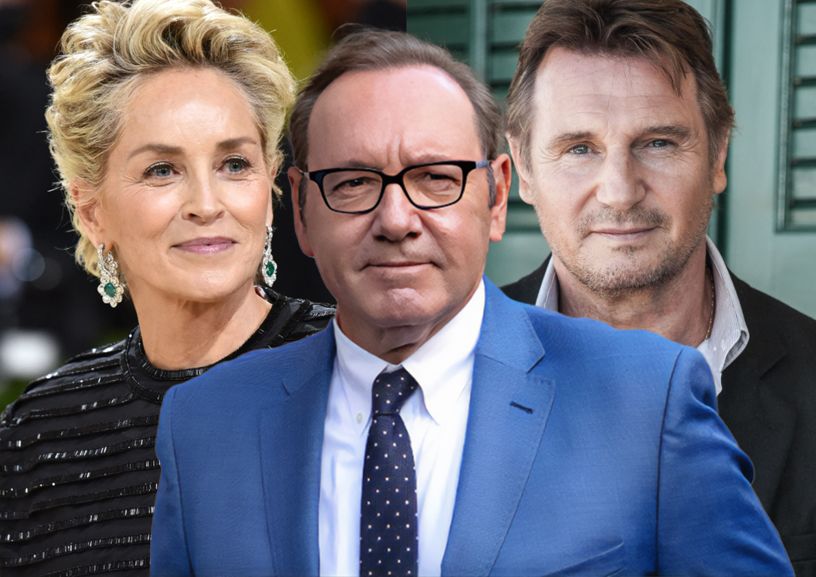Kevin Spacey, once celebrated as one of the most talented actors of his generation, has spent the past several years embroiled in scandal. Accusations of sexual misconduct emerged in 2017, leading to a swift and brutal downfall. Spacey was removed from ongoing projects, including the acclaimed series “House of Cards,” and faced a barrage of legal battles. Now, Spacey seeks to defend himself, unveiling what he describes as the truth behind a wrongful cancellation.
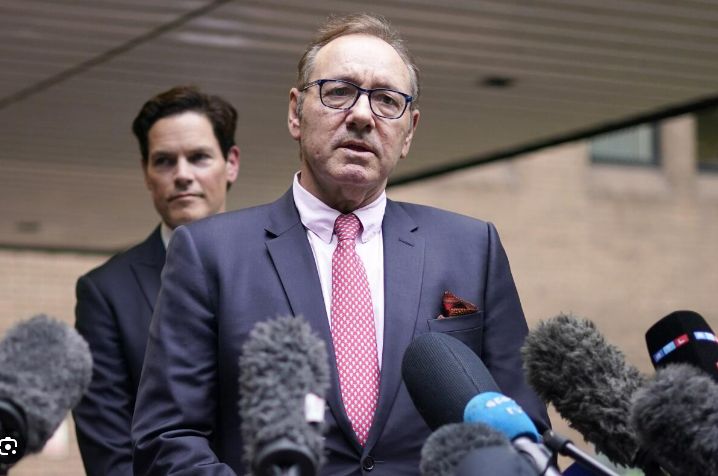
The Rise and Fall of a Hollywood Icon
Kevin Spacey began his career in the 1980s and quickly established himself as a versatile actor, adept at both stage and screen. He won Academy Awards for his roles in “The Usual Suspects” (1995) and “American Beauty” (1999), and his portrayal of Frank Underwood in Netflix’s “House of Cards” brought him into the homes of millions, cementing his status as a Hollywood powerhouse.
However, Spacey’s career came to an abrupt halt in October 2017 when actor Anthony Rapp accused him of making a sexual advance in 1986, when Rapp was just 14 years old. Spacey issued a public apology, stating he did not remember the encounter but was “beyond horrified” to hear the accusation. This apology was coupled with his first public declaration of being gay, a move that many criticized as an attempt to deflect attention from the allegations.
The Wave of Accusations
Following Rapp’s allegation, several others came forward with similar stories of inappropriate behavior by Spacey. These accusations ranged from groping to sexual assault, with incidents allegedly occurring over several decades. The fallout was swift: Netflix cut ties with Spacey, removing him from “House of Cards” and shelving a Gore Vidal biopic in which he was set to star. Additionally, he was dropped by his talent agency and publicist.
Legal Battles and Public Perception
Spacey faced multiple legal challenges, including criminal charges in Massachusetts, where he was accused of groping an 18-year-old man at a bar in 2016. This case was eventually dropped when the accuser invoked the Fifth Amendment during the proceedings, and another civil suit was dismissed after the accuser’s death. Similar patterns emerged in other cases, with charges being dropped or dismissed, often citing insufficient evidence or the unavailability of witnesses.
Despite these legal developments, the damage to Spacey’s reputation was profound. Public opinion largely turned against him, influenced by the #MeToo movement’s broader context of reckoning with sexual misconduct in the entertainment industry. Spacey’s attempts to return to public life have been met with resistance, as he remains a controversial figure.
Spacey’s Defense: A Case of Misinterpretation?
In recent interviews and public statements, Spacey has maintained his innocence, arguing that the allegations against him are either exaggerated or entirely fabricated. He has pointed out inconsistencies in the accusations and suggested that some individuals may have had ulterior motives. Spacey’s defense rests on the notion that in the current climate, accusations are often taken at face value without due process.
One of Spacey’s main contentions is that he has been tried and convicted in the court of public opinion without the opportunity to adequately defend himself. He argues that the media frenzy and the speed of his professional downfall were fueled by a desire for sensationalism rather than a pursuit of truth. Spacey emphasizes that many of the accusations lack concrete evidence and that in several instances, the legal system has found no grounds for prosecution.
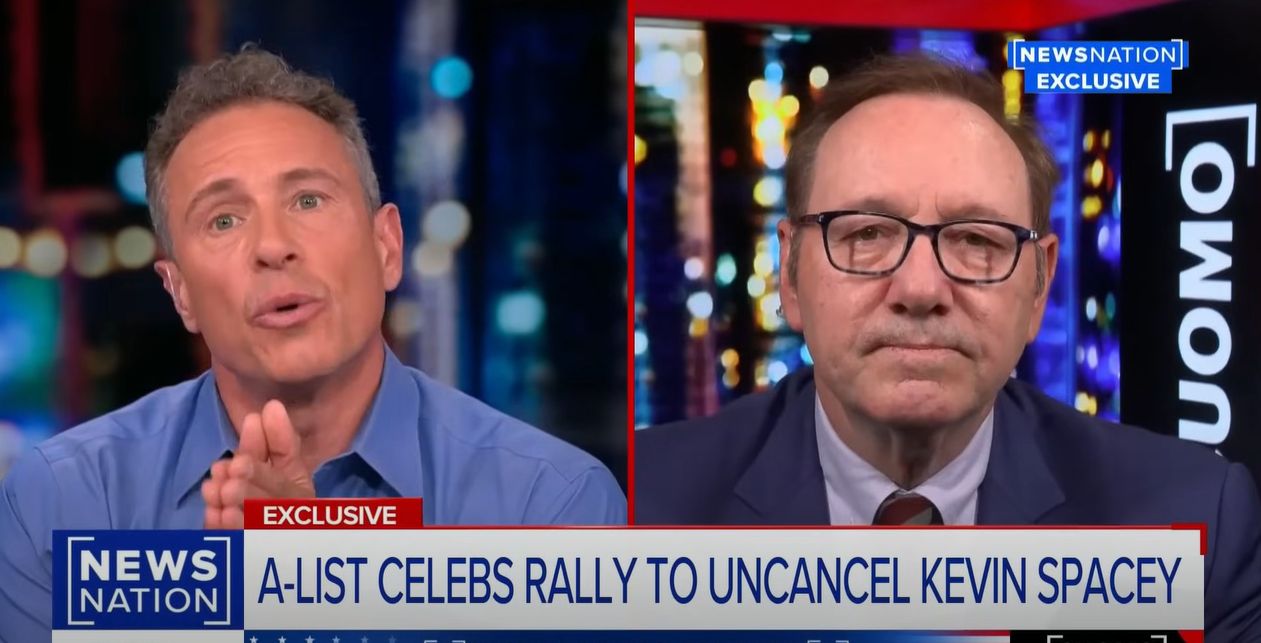
The Role of the Media and Public Opinion
The role of the media in Spacey’s cancellation cannot be overstated. The initial accusations came at a time when the #MeToo movement was gaining momentum, and there was heightened sensitivity to issues of sexual misconduct. The media’s coverage of Spacey’s case often reflected this broader societal shift, focusing on the accusations and their implications rather than the nuances of each individual claim.
Spacey has criticized the media for what he perceives as biased reporting, arguing that negative stories were amplified while dismissals or dropped charges received minimal attention. He believes this selective coverage contributed significantly to his professional and personal ruin.
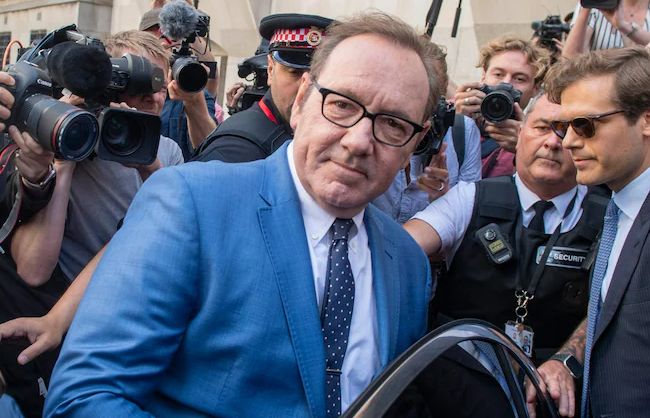
A Path Forward: Redemption or Rejection?
Kevin Spacey’s attempts at a comeback have been tentative and met with mixed reactions. In December 2018, he released a bizarre video titled “Let Me Be Frank,” in which he appeared in character as Frank Underwood, seemingly addressing the allegations indirectly. The video was widely criticized and did little to rehabilitate his image.
More recently, Spacey has taken a more conventional approach, expressing a desire to return to acting and pleading his case in various interviews. He has received some support from fans and colleagues who believe he deserves a second chance, citing the lack of concrete evidence and the principle of innocent until proven guilty.
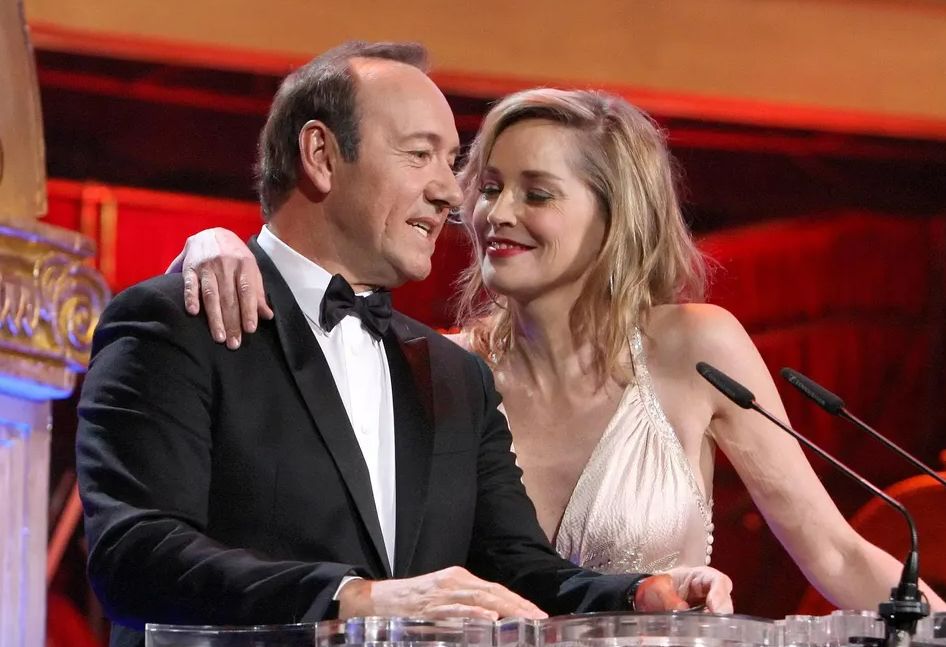
Conclusion: A Complex Narrative
Kevin Spacey’s story is emblematic of the complexities surrounding allegations of sexual misconduct, especially in the public eye. While some believe he has been justly held accountable for his actions, others argue that he has been unfairly vilified without sufficient proof.
Spacey’s defense highlights the difficulties in navigating accusations in an era where public opinion can be as consequential as legal judgments. His case raises important questions about justice, media responsibility, and the potential for redemption. As Spacey continues to fight for his reputation, the broader conversation about how society handles such accusations remains ongoing.
In the end, whether Kevin Spacey can successfully reclaim his career and reputation is uncertain. What is clear, however, is that his case will continue to provoke debate and reflection on the balance between accountability and due process in the #MeToo era.


